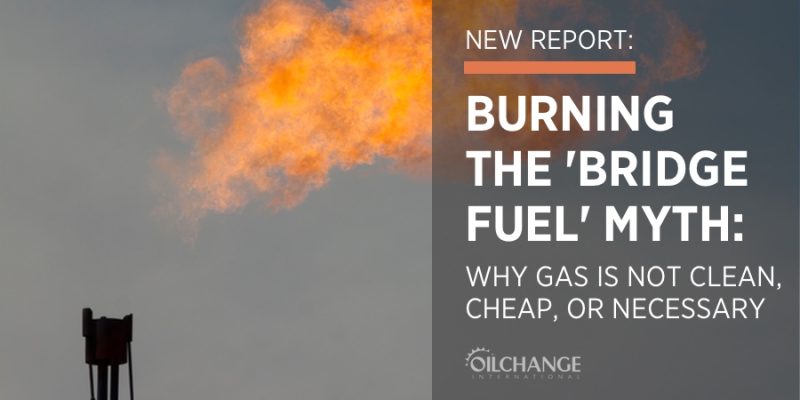
A Giant Step Backward: Carbon Impact of the Line 3 Pipeline
As Minnesota decides whether to let the crude oil pipeline cross its cleanest waters, a new report finds that greenhouse gas emissions from Canadian oil company Enbridge's proposed Line 3 expansion would vastly outweigh planned reductions in the state's emissions.









